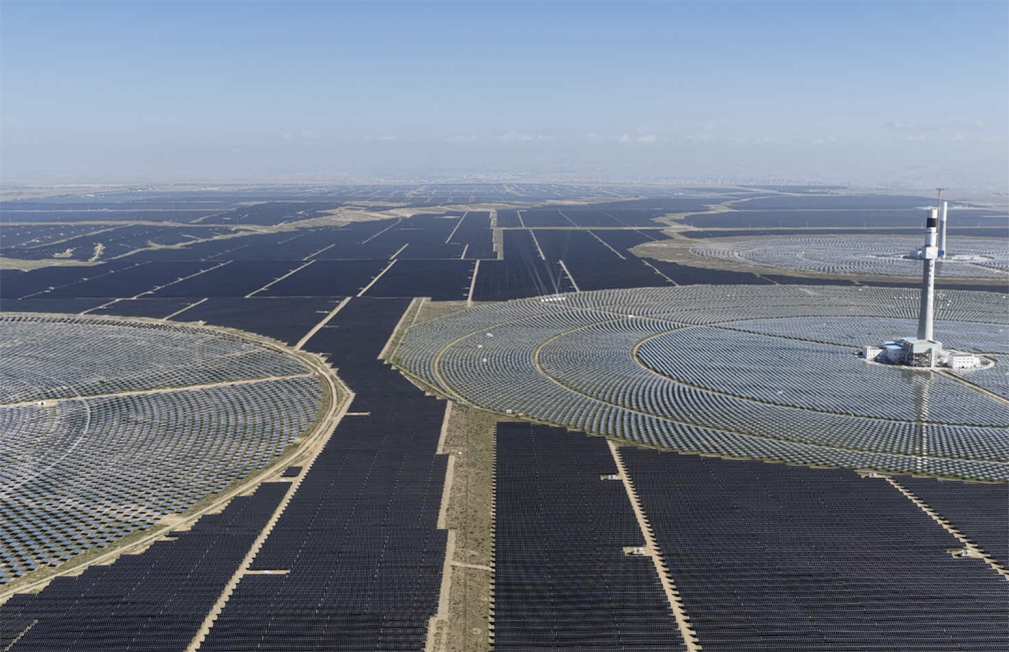Since there appears to be some misunderstanding about what constitutes climate alarmism, please be aware that the term is typically only invoked in spurious attempts to destroy longstanding scientific capabilities, demean the expertise upon which it is built, and weaken the country planet it was designed to protect. As of now, however, it has an added usage: vindictive retribution ( is there another kind?):
The NCAR laboratory in Boulder was founded in 1960 at the base of the Rocky Mountains to conduct research and educate future scientists. Its resources include supercomputers, valuable datasets and high-tech research planes.
Its dismantling would be a major loss for scientific research, said Kevin Trenberth, a distinguished scholar at NCAR and an honorary academic in physics at the University of Auckland in New Zealand.
Trenberth, who joined NCAR in 1984 and officially retired in 2020, said the research center is key to advanced climate science discoveries as well as in informing the climate models that produce the weather forecasts we see on the nightly news.
Colorado Gov. Jared Polis (D) said in a statement that the state had not received information about the administration’s intentions to dismantle NCAR.
“If true, public safety is at risk and science is being attacked,” said Polis. “Climate change is real, but the work of NCAR goes far beyond climate science. NCAR delivers data around severe weather events like fires and floods that help our country save lives and property, and prevent devastation for families.”
In his social media post, Vought said that “any vital activities such as weather research will be moved to another entity or location” — but did not specify further.
The move comes as Republicans have escalated their attacks on Polis and others in the state for their handling of a case involving Tina Peters, a former county clerk in Colorado who was convicted in state court on felony charges related to efforts to overturn the 2020 presidential election. President Donald Trump announced last week that he is pardoning Peters, who is serving a nine-year sentence, but it is unclear whether Trump has that authority, because she was not convicted in federal court.
For all those who voted for the deranged one, he is your mirror.





